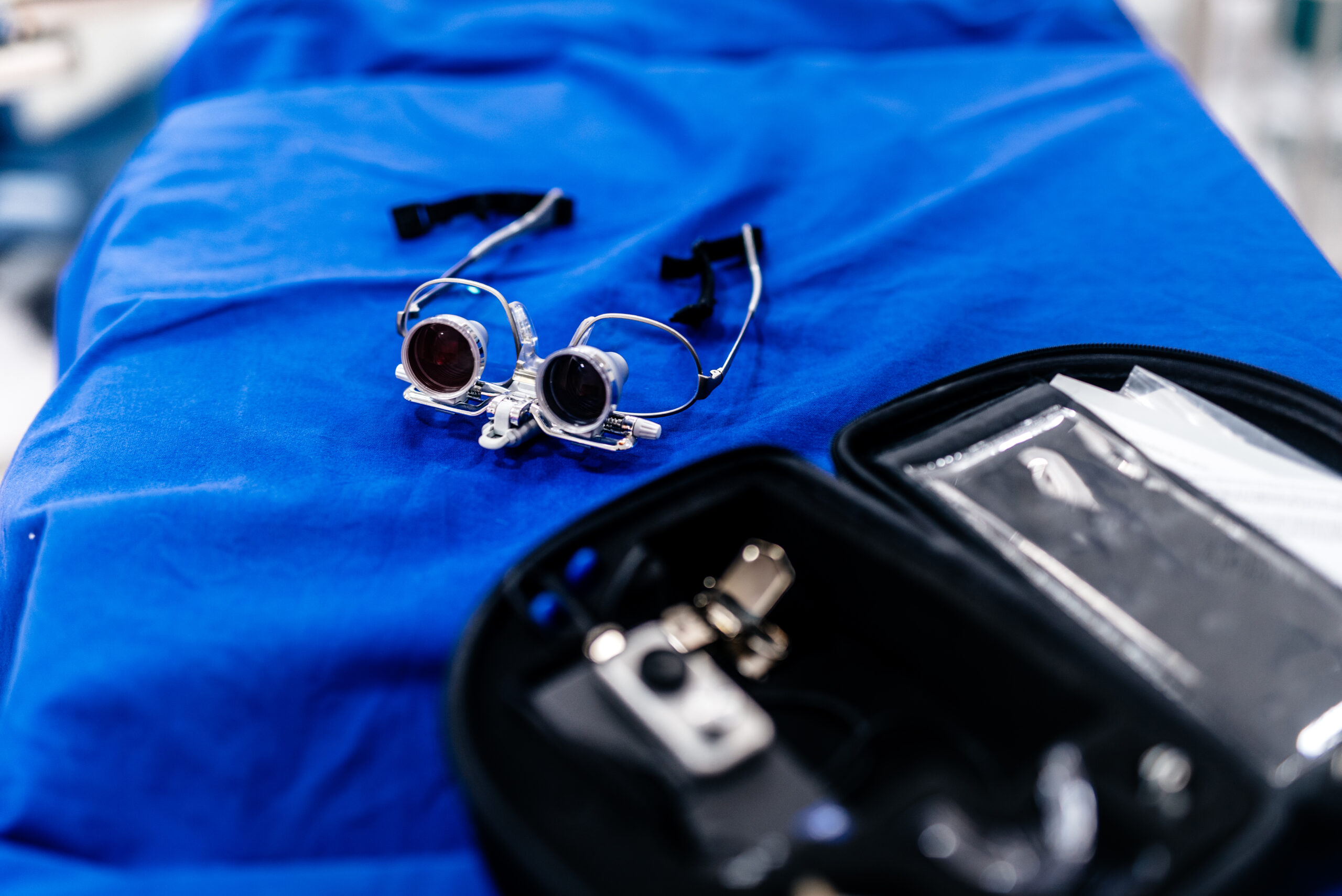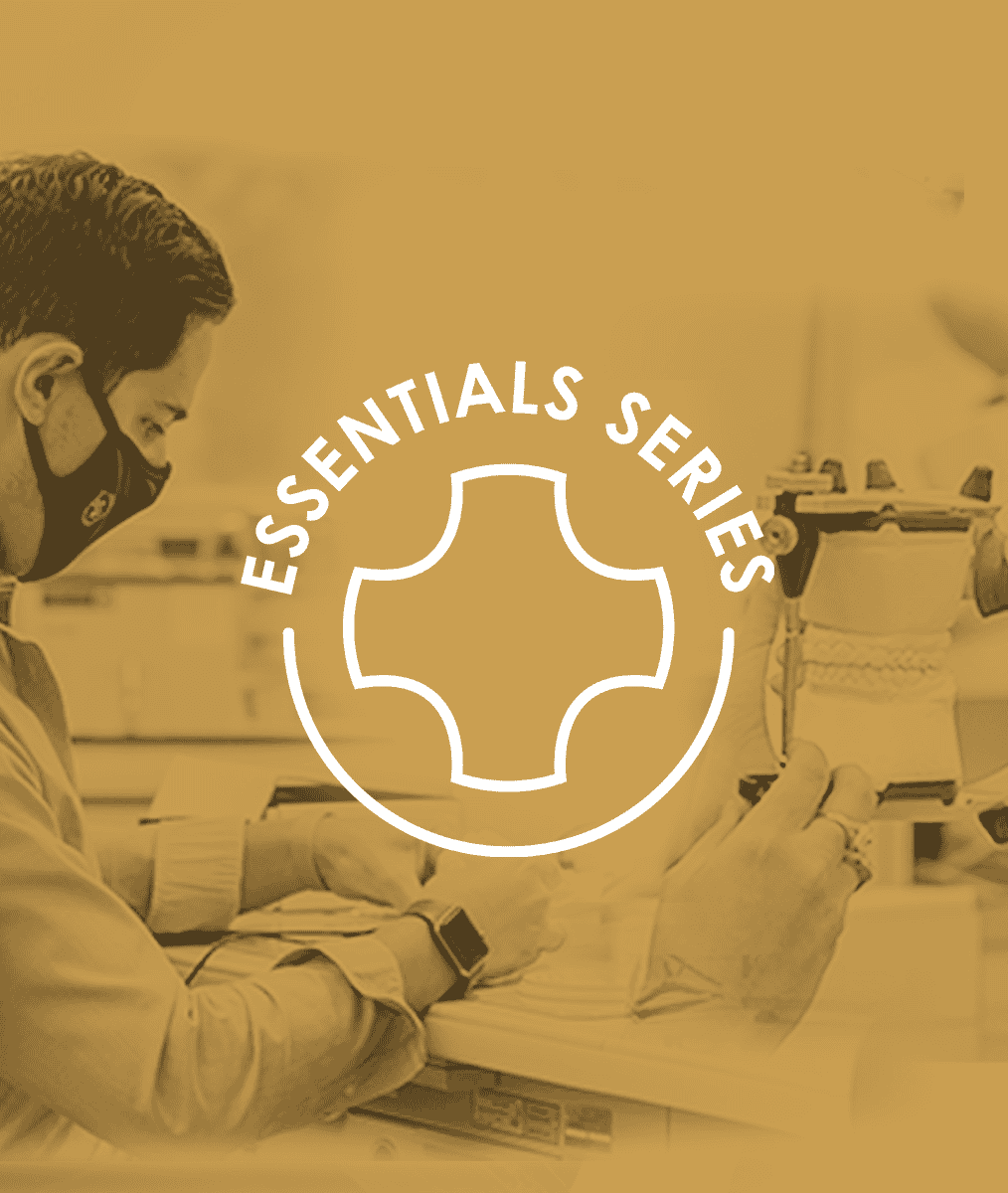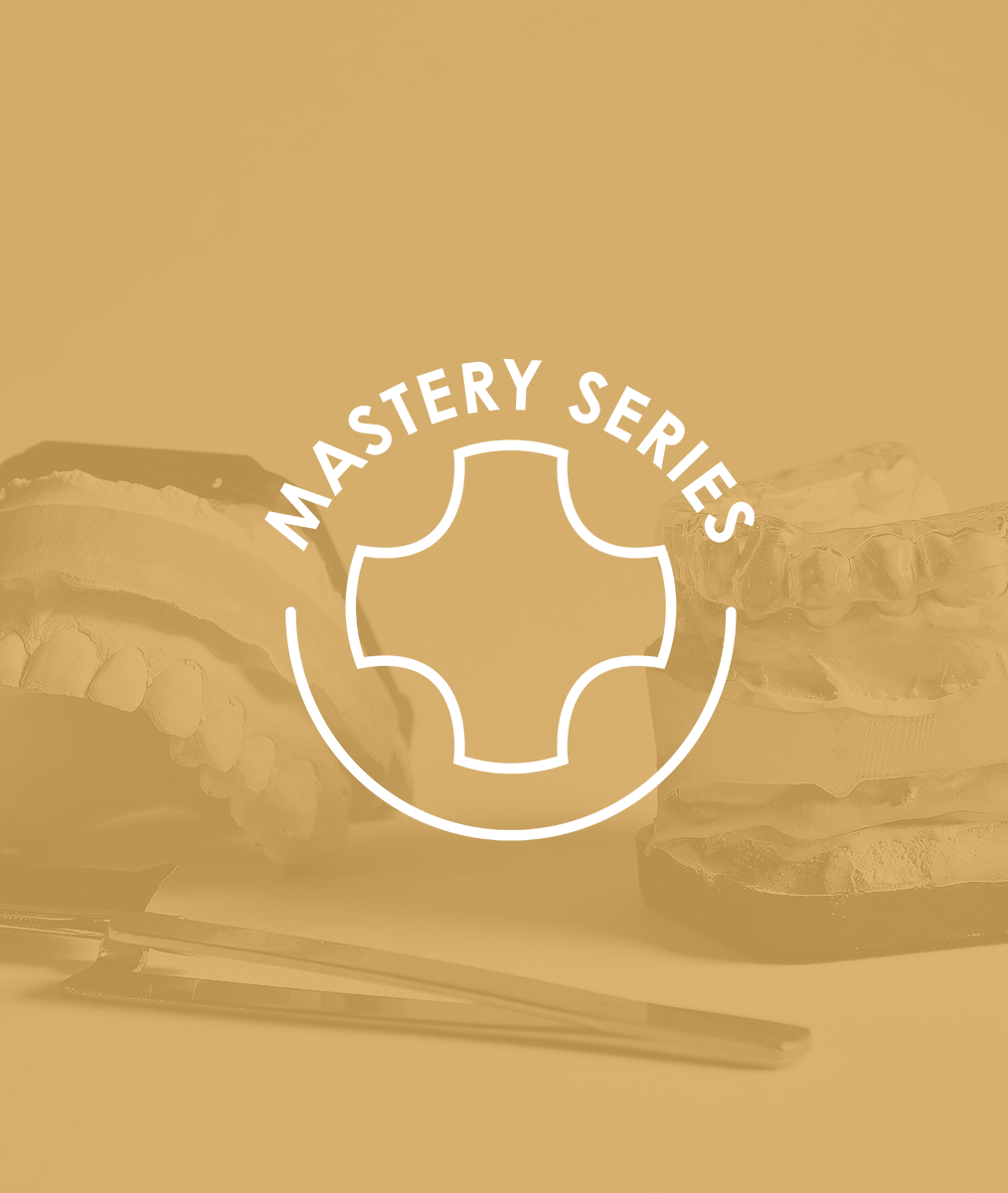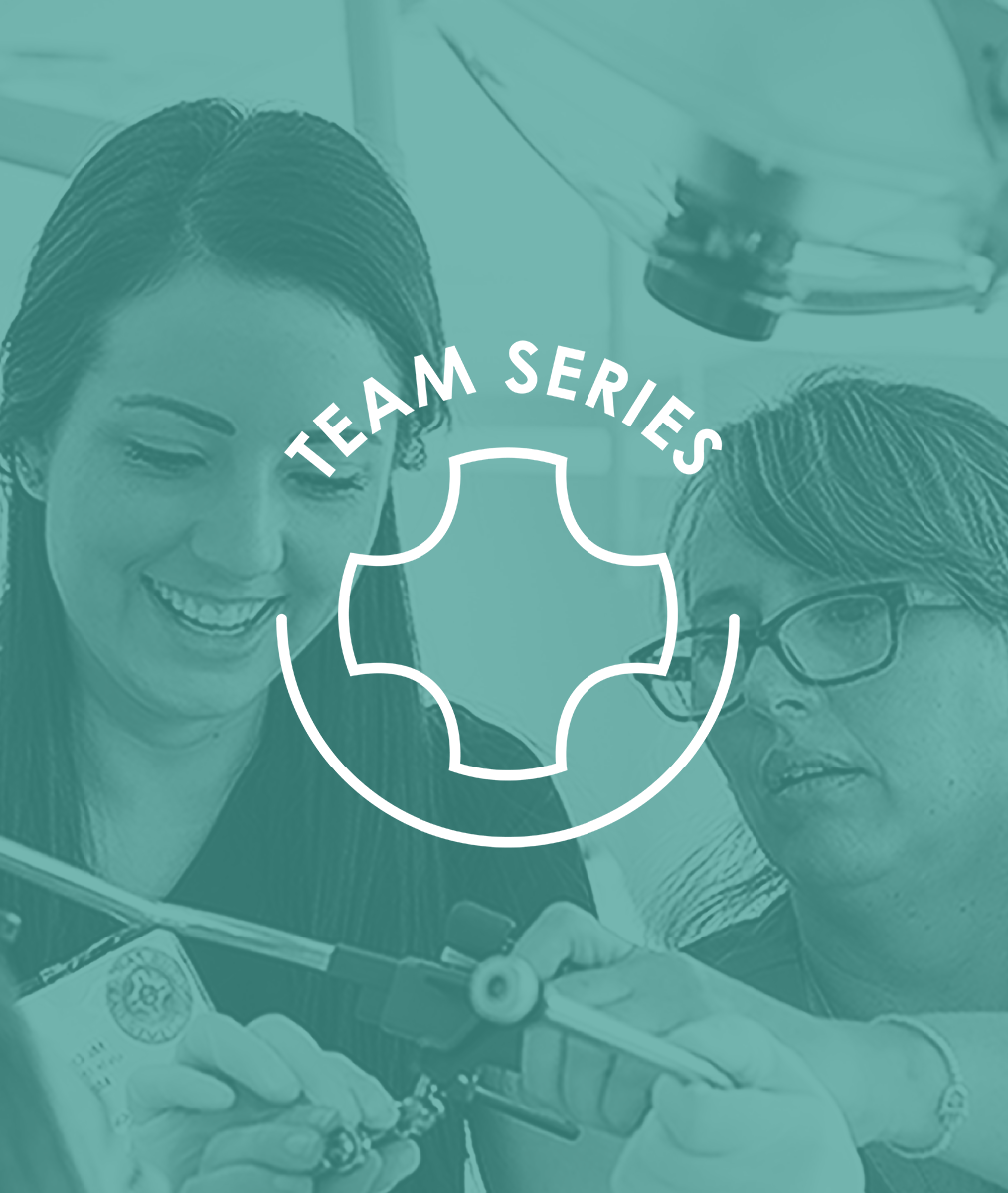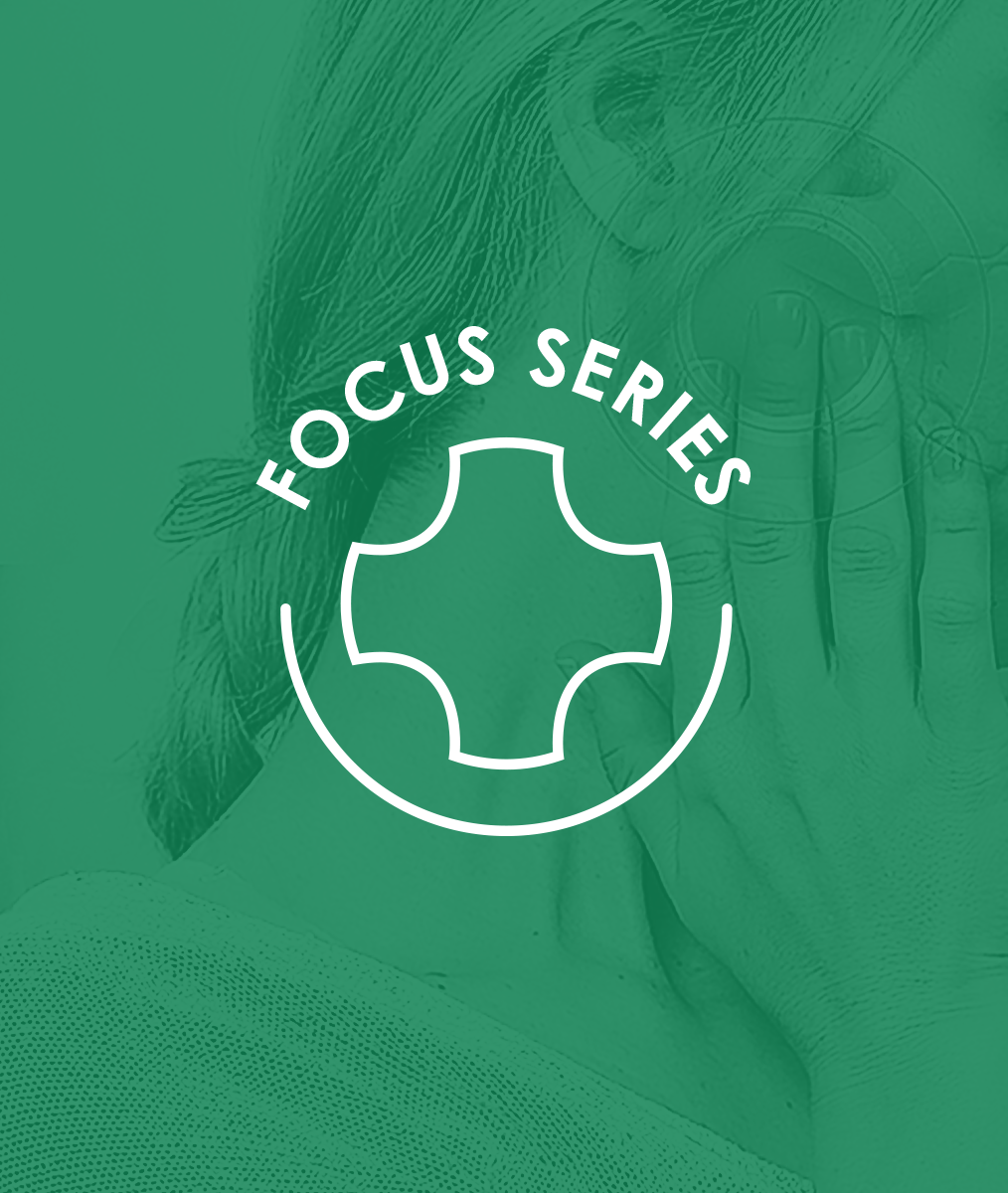Acceptance
Some time ago, I was listening to a person speak about love and replacing the word “love” with “forgiveness.” His argument was that if you truly expressed forgiveness, then you are a loving person. As I thought about it, I decided “acceptance” was a better word for me. I felt that if I could accept a person for who they are, then it would be easier for me to forgive, and thus love. This started me thinking about the present and past relationships in my life and how I could apply acceptance.
After intentional self-work in this area, I have found that life is more understandable and pleasant when I practice the art of acceptance.
Consider Relationships
We all have had concerns about relationships. We all wonder why others act a certain way towards us. We benefit emotionally, physiologically, and strategically by understanding where they are coming from and how their past experiences have molded them. Stephen Covey would use the phrase “seek to understand, before trying to be understood.” In other words, accept the person for where they are, before you feel you should be influencing them to be what you perceive is correct. In a bad situation, understanding the other person would be a big step towards forgiveness.
Consider Situations
Acceptance of situations has emotional, physiological and strategic benefits as well. It comes down to understanding what is happening instead of trying to control everything. I find this so true in my practice life when my patients have some sort of moderate to severe dental issue. Until they accept what is wrong and “take ownership” of the situation, there is very little that I can do to help them. Often, the worst thing you could do is to try to fix a bad situation without the patient having ownership of the problem, because if things go astray, it becomes your fault.
For Both Ourselves and Our Patients
The art of waiting for when the patient is ready to accept treatment—and the art of understanding, accepting, and positively influencing the patient during the waiting—have both become easier for me over time. Sometimes we need to have difficult conversations with patients to help them accept the truth. But oftentimes we simply need to better understand what they are thinking and why. And, the gentle way to get at this is to inquire why they are reluctant to move forward without a tone of judgment—instead, with genuine care.
One of the great discoveries of working with the public and patients so closely is that most of what we apply to them we can also apply to ourselves. Therefore, we can benefit from accepting who we are, our personal situation, and how those around us are trying to help us. These can be important keys to moving forward in our own lives. Remember, we all travel the same journey.
Related Course
E2: Occlusal Appliances & Equilibration
DATE: June 22 2025 @ 8:00 am - June 26 2025 @ 2:30 pmLocation: The Pankey Institute
CE HOURS: 44
Dentist Tuition: $ 7400
Single Occupancy with Ensuite Private Bath (per night): $ 345
What if you had one tool that increased comprehensive case acceptance, managed patients with moderate to high functional risk, verified centric relation and treated signs and symptoms of TMD? Appliance…
Learn More>







